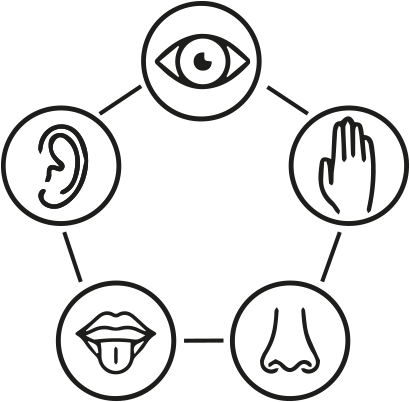Sustainability, Politics and Everyday Life
| Sustainability, Politics and Everyday Life
2017/2018 Institute of Sustainability Governance Leuphana University Lüneburg Coordinator & main teacher
Co-teacher
|
| Intended learning outcomes (more on programme level)
The course aimed at employing the approach of visual ethnography for exploring the materialization of politically contested issues of (un)sustainability in everyday life and practice. |
| Learning objectives (course specific)
The course aimed at the critical analysis ability of social and political aspects of sustainable development using methods of audiovisual knowledge production and communication. In addition to the usual text-based scientific work, this is intended to promote the expansion of scientific knowledge and communication methods |
| Objective statement (course description)
Cat videos, vacation videos, wedding videos: never before have there been so many moving images! Going beyond traditional mass media such as cinema or television, social media such as YouTube, Facebook & Co. and technical advances in camcorders and smartphones are increasingly leading us into a “visual society”. These developments are significant for (social) science in two ways: on the one hand, the “visual society” represents an interesting object of investigation; on the other hand, the audiovisual techniques can be used as a method of knowledge production and communication in order to become more compatible with the “visual society”. In this experimental seminar, following the second perspective, audiovisual technology will be used as a research and communication method to investigate the connection between politics and everyday human actions in the context of (non-)sustainable development. The focus of the seminar is the development of ethnographic short films on the subject of “sustainability, politics, everyday life”. |
| Type of course :
Skills & content course |
| Target group :
Undergraduate students |
| Pedagogical approach:
Experiential learning; sense-based learning; learning-by-doing |
| Activities:
1. Introduction: Topic, method, way of working, goals 2. Conceptual and empirical foundation of sustainable development – literature-based discussion 3. Topics and research subjects of sustainability, politics and everyday life – brainstorming session 4. Visual ethnography: theoretical foundations 5. Visual ethnography: methods and practice 6. Documentary filmmaking: foundations on aesthetics 7. Documentary filmmaking: foundations of technology 8. Project design (1): selection of topics and project organization 9. Project design (2): research and film strategy 10. Film production (1): field research and filming 11. Film production (2): field research and filming 12. Analysis and interpretation of film material considering scientific literature 13. Cutting and editing 14. Presentation and Résumé
|
| Assessment of learning:
Groups of 3-5 students were asked to produce a short movie (5 min) and a scientific reflection paper (10-15 pages), in which the analysed sustainability issue is described based on relevant scientific literature, the procedure of visual ethnographic short film is outlined, and the potential of sensory sustainability reflected. Projects
|
| Effect (witness account, evaluation of the course)
The students expressed in their reflection papers that they felt they had gained a new approach beyond established scientific methods in sustainability research, and that the visualization of materialized sustainability phenomena had sensitized in a new way the sustainability challenges and solution options. |
Additional biblio sources
|
